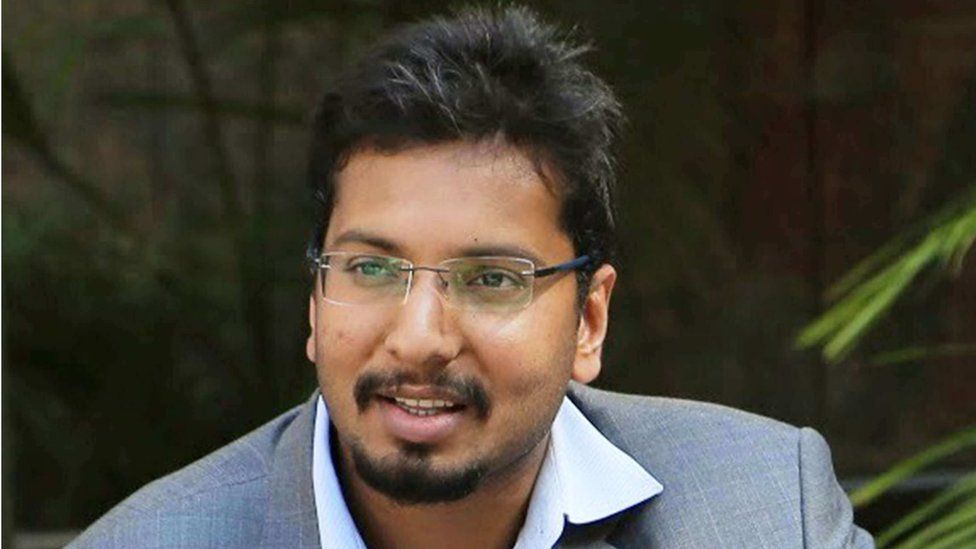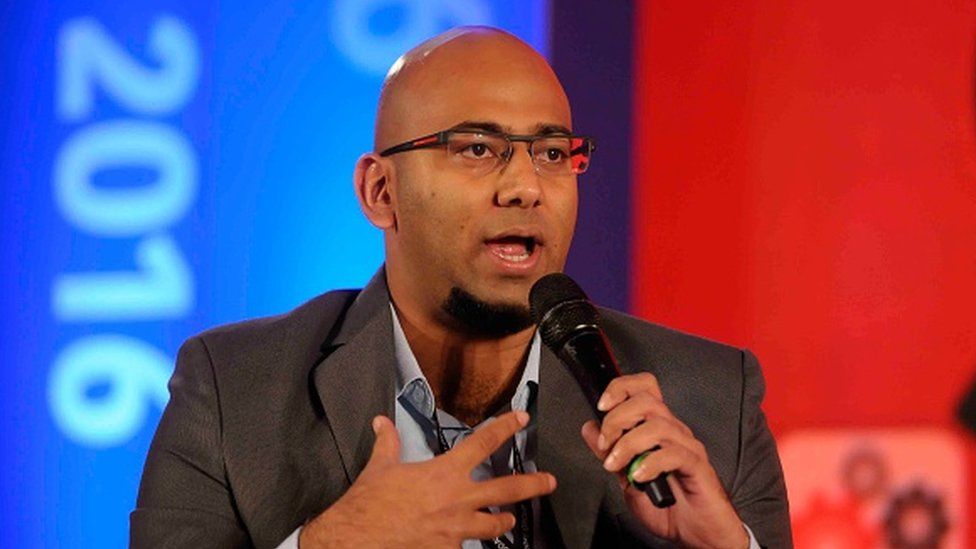
An Indian start-up co-founder’s tweet has sparked a debate on what courtesies potential employers and employees may – or may not – owe each other.
Prashant Pitti, co-founder of online travel firm EaseMyTrip, shared a screenshot of a message he said was sent by a candidate on the day they were supposed to join.
In it, the person says they decided not to join because of another job offer.
Mr Pitti tweeted that this was a “hugely prevalent” problem.
Social media discussions on work culture have become common in India, where a number of vocal young professionals have launched or joined start-ups over the past few years.
Recently, the CEO of Bombay Shaving Company was criticised for suggesting that new recruits at any job should work 18 hours a day.
In Mr Pitti’s case, the reaction was mixed.
Companies, he said, waste a lot of time and resources when a candidate drops out at the last minute.
Someone pls solve this hiring issue
This is hugely prevelant & ends up wasting so much time & resource
Once a candidate accepts offer-letter, companies wait for months & rejects all other potential candidates
But candidate decides on very last day, that they won’t be joining pic.twitter.com/R9UfV45eMz
— Prashant Pitti (@ppitti) September 1, 2022

The sentiment evoked both criticism and support from people, including other start-up founders.
Some Twitter users supported the candidate, comparing the situation with companies laying off employees or rescinding job offers – they argued that if one could be justified, so could the other.
In a follow-up tweet, Mr Pitti addressed the first situation of employers firing people, calling it a “false equivalence”.
A “real equaliser”, he said, would be if companies refused to let candidates join at the last minute after sending them an offer letter.
“Would this be acceptable? Big NO,” he wrote.
Many blamed the long notice periods – sometimes up to three months or more – at companies that allowed candidates to “shop around” for better offers.
The tweet also generated discussion about what companies could do to prevent this from happening.
Some suggested giving higher salaries or fixing joining dates from two weeks of when a candidate signed an offer letter.
Others suggested implementing a “break-up fee” on the lines of the penalties usually set for mergers and acquisitions.
Mr Pitti also received support from Ashneer Grover, a high-profile entrepreneur, who said that India’s “broken and expensive” legal system meant that there was “no value of contract”.
It was best, Mr Grover added, for potential employers to tone down expectations.

Read more India stories from the BBC:





